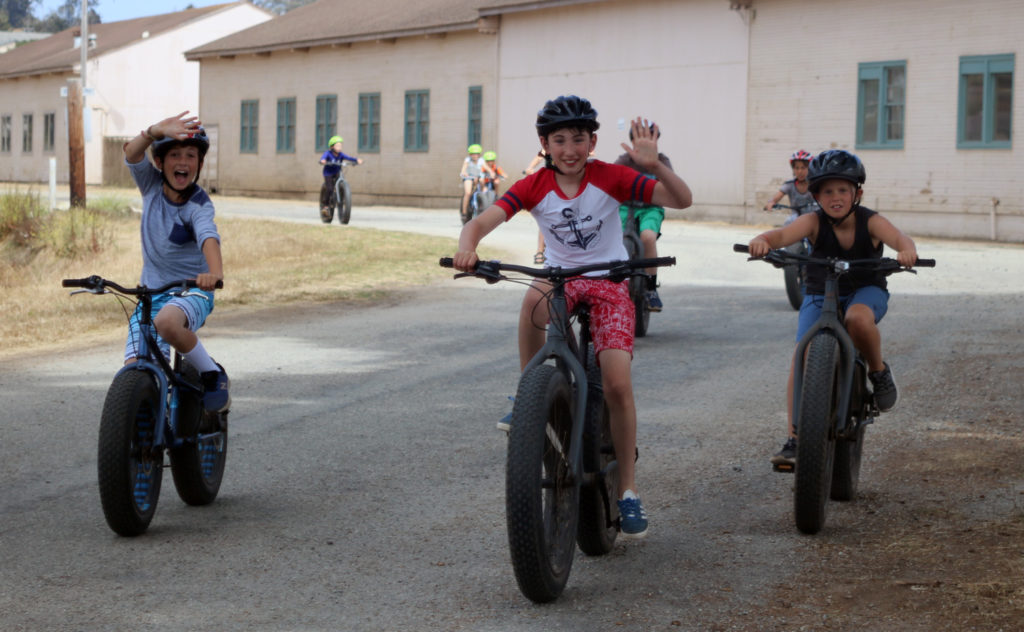 “הבו לכם אנשים חכמים ונבנים וידעים לשבטיכם ואשימם בראשיכם.”
“הבו לכם אנשים חכמים ונבנים וידעים לשבטיכם ואשימם בראשיכם.”
“Pick people who are wise, understanding, and known by their tribes, and I will appoint them as your heads” (Deuteronomy 1:13).
Amidst the lingering hugs and luggage schleps of the last day of Session 2 this week, I couldn’t help but notice a 4th grade camper wearing a staff radio while walking out of the Hadar Ochel one last time. When I inquired with his Rosh Edah (Unit Head), she explained, “That’s Rosh David; he’s been appointed our Rosh Edah for the last few minutes of camp.” I smiled at both the theatrics of this moment, and the underlying truism of her words.
Just a few years ago I was given the opportunity to build and lead this remarkable community, Ramah Galim. Now I have the privilege of witnessing the next generation of leaders pass on new roles and new opportunities to one another at camp from one summer to the next. While I may be the one who still drafts staff contracts and dreams up 4 week intensives from advanced scuba diving to visual arts, it is the staff and campers in our community who elevate each other through recognition and appreciation to take on these new opportunities and adventures.
“Can Jacob be my Rosh next year?” A camper asked me at synagogue a few months ago. Yes, in fact, as many of our founding madrichim (counselors) have come back as rashei edah (unit heads) this year, respected and adored by campers and peers alike. For this is a community where members are truly known and appreciated for who they are, and given the tools to bring out their best selves. A parent of one of our campers reflected to me just this week, “My daughter’s counselor shared an insight with us about her today that we have always known but no other teacher, coach, etc has ever noticed and it was so completely on-target. It made us so grateful that she has been in an environment where she can be herself and she can be noticed and appreciated by such incredibly talented young Jewish leaders.”
As we begin the book of Deuteronomy, a massive retelling of our people’s journey to date, we notice certain significant changes in how Moses recalls the events of previous years. In this week’s Torah portion, I can’t help but notice how instead of God or Moses appointing the leaders of the tribes (as described previously in the book of Numbers), the Torah tells us that instead the people picked these leaders for themselves. Many commentators conclude that the difference lies in how the story of our people is retold in the book of Deuteronomy. My experience at Ramah Galim has shown me that perhaps the difference described in the method of leadership succession may also be the essence of a holy transition of a forming Jewish community.
I no longer teach the beloved camp song; the campers teach and elevate each other. As Jews we use the expression, l’dor va’dor, from generation to generation. But here at camp where time is intense and bonds are close, we see incredible changes also m’shana l’shana, from year to year. I feel a tremendous sense of hope for all of us as parents, Jewish communal leaders, and supporters of our wider Jewish community based on how the “wise, understanding, and known leaders” are being elevated by their peers right here and right now as we grow together.